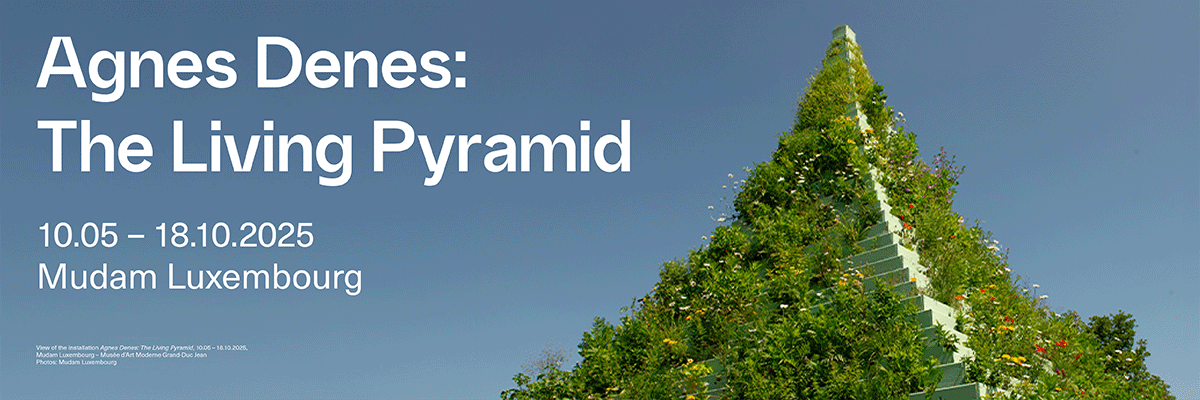
Marko Obradović
Pyramid Scheme

Advertisement

Batwoman ritual / oil on canvas

Pyramid 2 / acrylic and photo transfer on wood panel

Pyramid 3 / acrylic and photo transfer on wood panel


Gnostic boys / oil on canvas

Orgone Sanctuary / mixed media installation

Pyramid 1 / acrylic and photo transfer on wood panel


Pyramid trial / acrylic and photo transfer on burlap








Gnostic Boys / oil on canvas

During a trip to Bosnia in 2005, the American-Bosnian businessman Semir Osmanagić notice that several mountainous formations near the town of Visoko resembled pyramids. In the following years, he published several books in which he tried to prove the existence of these hidden pyramids through speculations about ancient civilizations and archaeological findings, the authenticity of which was supported by only a small, but all the more vocal part of the scientific community. The rest of the experts turned their backs on this popular Indiana Jones cosplayer with the attitude that it is necessary to seek truth and not belief.
At the same time, this rationalist assumption lost its impact in the second half of the 20th century, when its gradual questioning culminated in postmodernism. That fully opened the floodgates of cultural eclecticism, which manifested itself in the realm of belief with the rise of the New Age movement — an approach to spirituality that arbitrarily mixed the mythology and knowledge of originally independent religions or civilizations. The semblance of binding order was shattered by the awareness of seductive chaos. The slanted blocks of modernist neighborhoods were replaced by high—tech as well as historicising buildings, on which elements in the shape of tiny glass pyramids often grew.
The individual works of Marko Obradović represent an insight into the chaos magic, which he understands as an emancipatory practice consisting of the free creation and overlapping of personal mythologies, rituals, and symbolisms. Belief in the Bosnian pyramids represents a collective practice of chaos magic, in which a community of believers abandons years of Western narratives and hierarchies and redefines its own identity. Magical elements such as the alleged healing power of the pyramids or their connection with cosmic forces represent a form of escape from the bleakness of the surrounding world. According to Marko Obradović, the seemingly senseless belief in the pyramids then becomes a form of resistance.
However, the symbolism of the pyramid dissolves in the individual exhibited works into expanded meanings, which also include the so-called pyramid scheme — in many countries, an illegal business model in which earnings are based on the paid recruitment of participants into the business with the promise of easy acquisition of wealth. This is an exploitative practice that often appears precisely in the sector of New Age healing and esoteric products, and thanks to which the most vulnerable parts of society often lose their finances. Belief in miraculous enrichment through a pyramid scheme is then in the overwhelming majority of cases just as much a magical disillusionment as the belief in the Bosnian pyramids. The Pyramid Scheme exhibition takes an unbiased approach to both phenomena and deals precisely with the interspace between illusion and delusion.
Marko Obradović (*1998, Utrecht) is an interdisciplinary visual artist living in Belgrade. His work deals with themes of identity, abjection, transhumanism, and esotericism, most often through painting, printmaking, and installations.
collective Cejla




